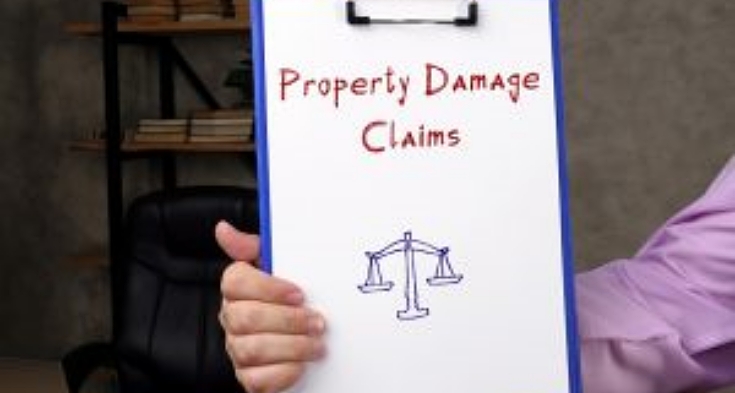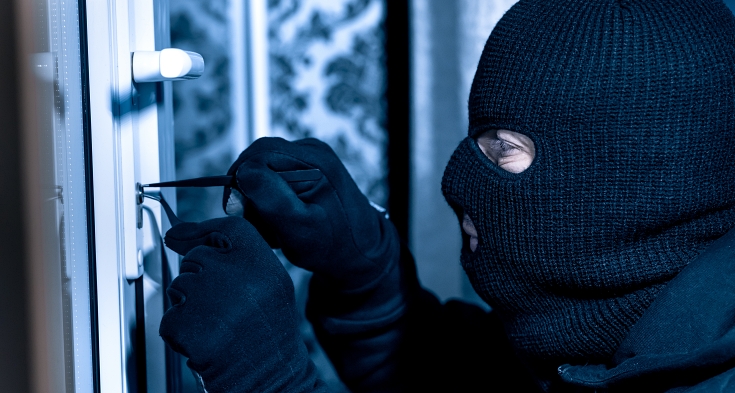
Defense strategies for licensed professionals become critical when a notice of investigation from the Department of Business and Professional Regulation (DBPR) or the Department of Health (DOH) puts years of hard work at risk. While professional scrutiny can be overwhelming, a complaint is not a conclusion. With the right information and a strategic approach, you can navigate the administrative process while protecting your license and reputation.
Call Elevate Legal Services, PLLCtoday on 561-770-3335 for a confidential consultation, or contact usto speak with an attorney about your matter
In this comprehensive guide, we will break down the exact timelines outlined in Florida Statute 455.225, explain how to respond to an initial investigation, and provide actionable steps to safeguard your license. By the end of this article, you will have a clear roadmap for handling a complaint from the first notice to the final resolution.
The Reality of Professional Investigations under F.S. 455.225
 When a complaint is filed against a licensed professional in Florida, whether you are a contractor, real estate agent, nurse, or architect, the process is governed by Florida Statute 455.225. This statute dictates how the state must handle allegations of misconduct.
When a complaint is filed against a licensed professional in Florida, whether you are a contractor, real estate agent, nurse, or architect, the process is governed by Florida Statute 455.225. This statute dictates how the state must handle allegations of misconduct.
The process begins the moment a complaint is deemed “legally sufficient.” This doesn’t mean the allegations are true; it simply means that if they weretrue, they would constitute a violation of the laws governing your profession.
Understanding the Investigation Timeline: How Long Does it Take?
One of the most common questions we hear is: “How long is this going to hang over my head?”While the statute provides a framework, the DBPR’s “legal speed” can vary based on several factors. Here is the typical breakdown of the timeline you can expect:
1. The Initial Review and Notice
Once a complaint is filed, the department reviews it for legal sufficiency. If it meets the criteria, an investigation is opened. You will typically receive a notice of the investigation and a copy of the complaint.
At this stage, you generally have 20 daysto provide a written response. This is a critical window that often dictates the trajectory of the entire case.
2. The Investigative Phase (The Six-Month Goal)
Under F.S. 455.225, the department is directed to complete its investigation within six monthsof receiving the complaint.
However, it is important to note:
- Complex cases:If the matter involves forensic accounting or dozens of witnesses, it may take longer.
- Extensions:The department can, and often does, extend this timeline for “good cause.”
- The Reality:While the law sets a six-month goal, many professionals find themselves in a holding pattern for eight months to a year, depending on the agency’s current caseload.
3. The Probable Cause Determination
After the investigator finishes their report, it is handed over to a Probable Cause Panel. This panel has 30 daysto decide if there is enough evidence to move forward with a formal Administrative Complaint.
If they find no probable cause, the case is dismissed, though it may remain confidential only under specific circumstances. If they dofind probable cause, the process enters a more serious, formal litigation phase.
How to Handle a Complaint: A Step-by-Step Defense Strategy
Knowing the timeline is only half the battle. Knowing howto act during that timeline is what saves careers. If you have been served with a notice of investigation, follow these steps immediately.
Step 1: Resist the Urge to Explain Everything Yourself
It is human nature to want to call the investigator and “clear things up.” You might think that if they just heard your side of the story, the whole thing would go away.
Here is the truth:The investigator is not your advocate. Anything you say can and will be used to build a case against you. Even a seemingly innocent comment can be interpreted as an admission of technical non-compliance.
Step 2: Review the Allegations with a “Fine-Tooth Comb”
Carefully read the complaint to identify exactly which part of the Florida Administrative Code or Florida Statutes you are accused of violating.
Is the complaint about a specific financial transaction? Or is it about “unprofessional conduct”? Identifying the specific legal hook allows you to gather the correct evidence to rebut the claim.
Step 3: Gather and Preserve Documentation
Do not wait for a subpoena. Start gathering every piece of evidence related to the complaint immediately.
This includes:
- Signed contracts and engagement letters.
- Email threads and text messages.
- Proof of continuing education or permit filings.
- Client logs and internal notes.
Step 4: Engage Professional Legal Counsel
Professional license defense is a specialized area of law. An experienced attorney understands the nuances of administrative hearings and knows how to speak the “language” of the DBPR.
An attorney can help you draft a response that addresses the legal sufficiency of the complaint while avoiding the “traps” that lead to self-incrimination.
Why Is the Investigation Taking So Long?
If you are past the six-month mark and haven’t heard from the DBPR, you might feel like your case has been forgotten. Unfortunately, a delay does not mean a dismissal.
Common reasons for delays include:
- The “Queue”:Investigators often handle dozens of files simultaneously. Your case may simply be sitting on a desk waiting for review.
- Witness Unavailability:If the person who filed the complaint is not responding to the investigator, the case may stall.
- Internal Bureaucracy:The transition from the investigative branch to the legal branch of the DBPR can take weeks or months.
The Benefit of Representation during Delays:An attorney can provide “status checks” and maintain communication with the investigator. This ensures your case doesn’t fall through the cracks and keeps the department accountable to the statutory timelines where possible.
The Critical “Election of Rights” (EOR) Form
If the Probable Cause Panel decides to move forward, you will receive a formal Administrative Complaint and an Election of Rights (EOR)form.
You usually only have 21 daysto return this form. This is perhaps the most important document in the entire process. You must choose between:
- An informal hearing (if you do not dispute the facts).
- A formal hearing before an Administrative Law Judge(if you dispute the facts).
- A settlement or “Stipulation.”
Choosing the wrong option can waive your right to defend yourself. This is the point where havingtrusted legal representation becomes non-negotiable.
Conclusion: Defense Strategies For Licensed Professionals
 Your professional license represents years of education, financial investment, and dedication. When a DBPR or DOH investigation under Florida Statute 455.225 puts that license at risk, proactive defense strategies for licensed professionals are essential—you cannot afford to wait and see what happens.
Your professional license represents years of education, financial investment, and dedication. When a DBPR or DOH investigation under Florida Statute 455.225 puts that license at risk, proactive defense strategies for licensed professionals are essential—you cannot afford to wait and see what happens.
By understanding the timelines and responding with a structured, evidence-based defense, you can significantly improve the chances of a favorable outcome. Whether you are at the start of an investigation or facing a formal Administrative Complaint, remember that you have rights, and you don’t have to face the state alone.
Take Action Today
Defense strategies for licensed professionals are essential once a notice of investigation or Administrative Complaint is issued. At Elevate Legal Services, PLLC, we deliver authoritative, professional, and empathetic guidance to help you navigate these high-stakes matters with confidence.
Don’t leave your livelihood to chance.Contact us today to discuss your case and learn how we can help you safeguard your career.
Call us today at 561-770-3335 or contact us onlinefor a confidential consultation.
Frequently Asked Questions (FAQ)
1. Does a complaint automatically mean I will lose my license?
No. Many complaints are dismissed at the “legally sufficient” stage or by the Probable Cause Panel. Even if an Administrative Complaint is filed, penalties can range from a letter of guidance or a fine to probation, rather than full revocation.
2. Is my investigation public record?
Under F.S. 455.225, investigations are generally confidential until 10 days after probable cause has been found. If the case is dismissed before that point, it typically remains confidential.
3. Can I still work while under investigation?
In most cases, yes. Unless the Department issues an Emergency Suspension Order (which is reserved for cases involving an immediate threat to public health and safety), you can continue to practice your profession during the investigation.
4. What happens if I ignore the complaint?
Ignoring a DBPR complaint is a recipe for disaster. If you fail to respond, the department may proceed with a “default,” meaning they accept the allegations as true and can revoke your license without your input.
5. Should I talk to the person who complained?
Generally, no. Contacting the complainant can be seen as intimidation or interference with an official investigation. It is best to let your attorney handle all communications.





